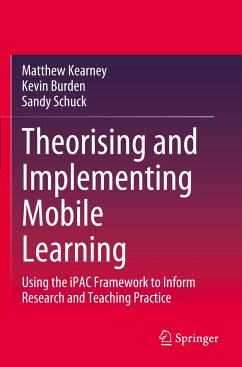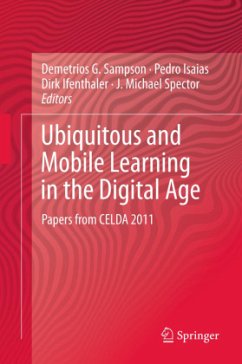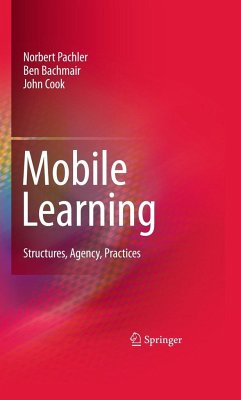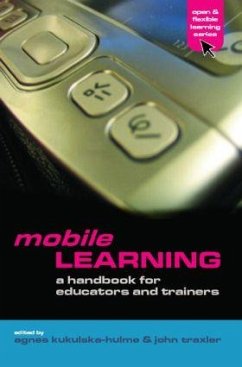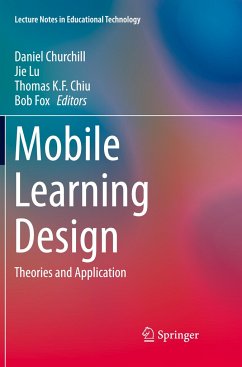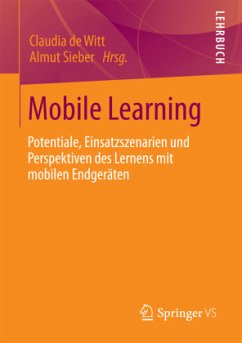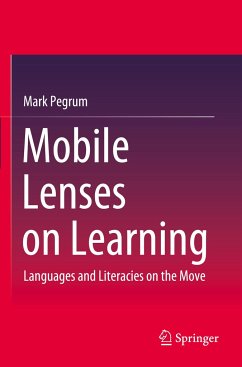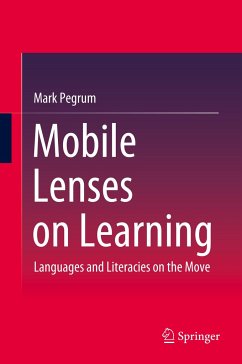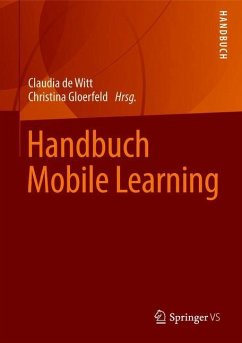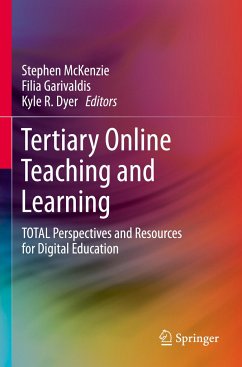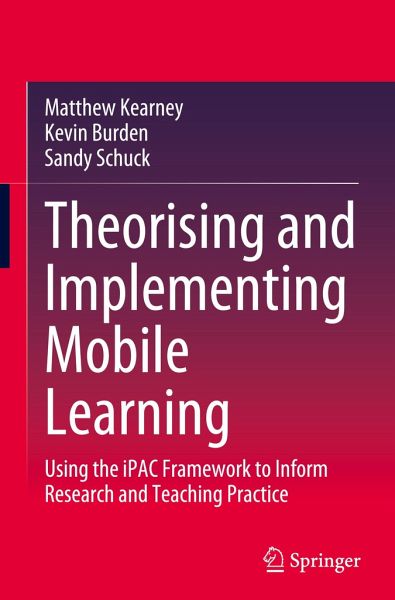
Theorising and Implementing Mobile Learning
Using the iPAC Framework to Inform Research and Teaching Practice
Versandkostenfrei!
Versandfertig in 6-10 Tagen
76,99 €
inkl. MwSt.
Weitere Ausgaben:

PAYBACK Punkte
38 °P sammeln!
This book focuses on teaching and learning with mobile technologies, with a particular emphasis on school and teacher education contexts. It explains a robust, highly-acclaimed contemporary mobile pedagogical framework (iPAC) that focuses on three distinct mobile pedagogies: personalisation, authenticity and collaboration. The book shows how mobile pedagogical practice can benefit from use of this framework. It offers numerous cutting-edge research resources and examples that supplement theoretical discussions. It considers directions for future research and practice. Readers will gain insight...
This book focuses on teaching and learning with mobile technologies, with a particular emphasis on school and teacher education contexts. It explains a robust, highly-acclaimed contemporary mobile pedagogical framework (iPAC) that focuses on three distinct mobile pedagogies: personalisation, authenticity and collaboration. The book shows how mobile pedagogical practice can benefit from use of this framework. It offers numerous cutting-edge research resources and examples that supplement theoretical discussions. It considers directions for future research and practice. Readers will gain insights into the potential of current and emerging learning technologies in school and teacher education.





